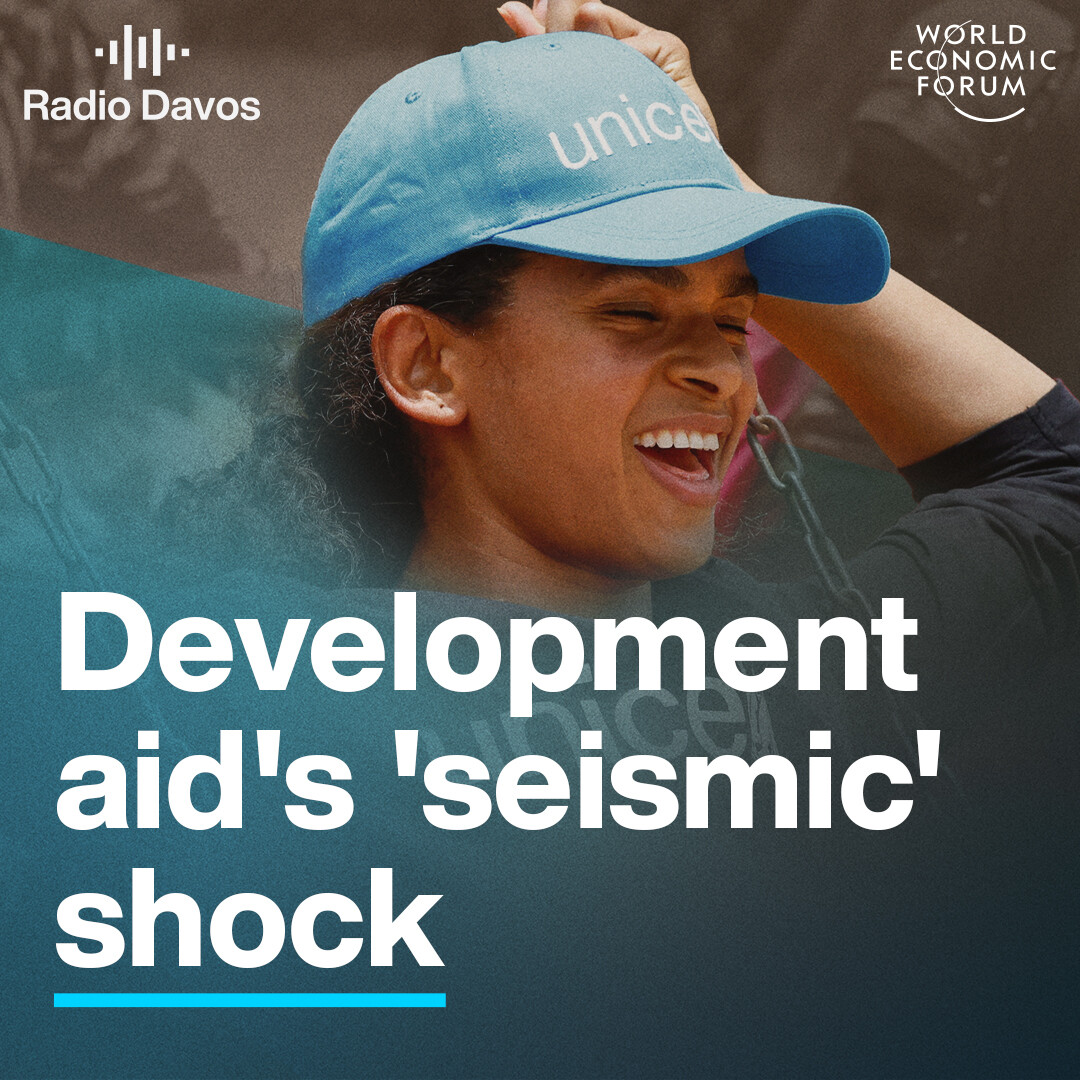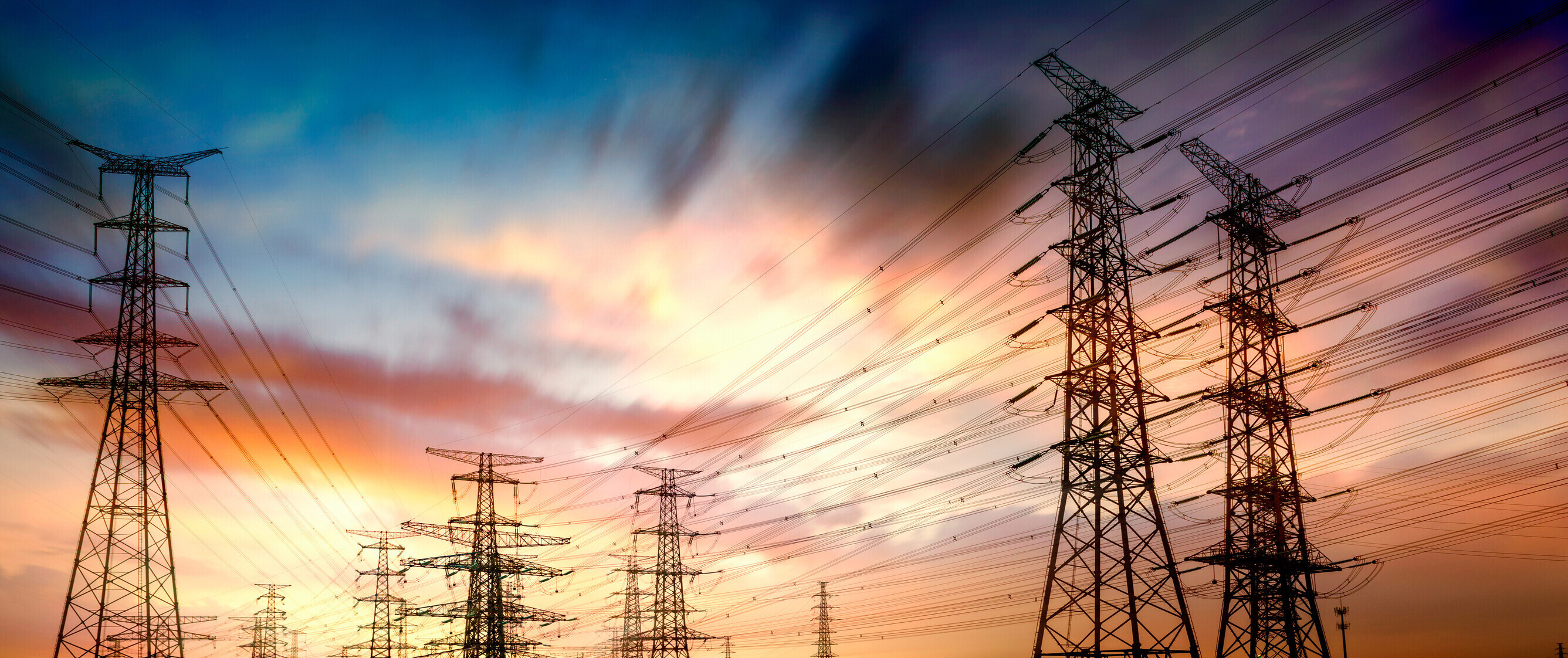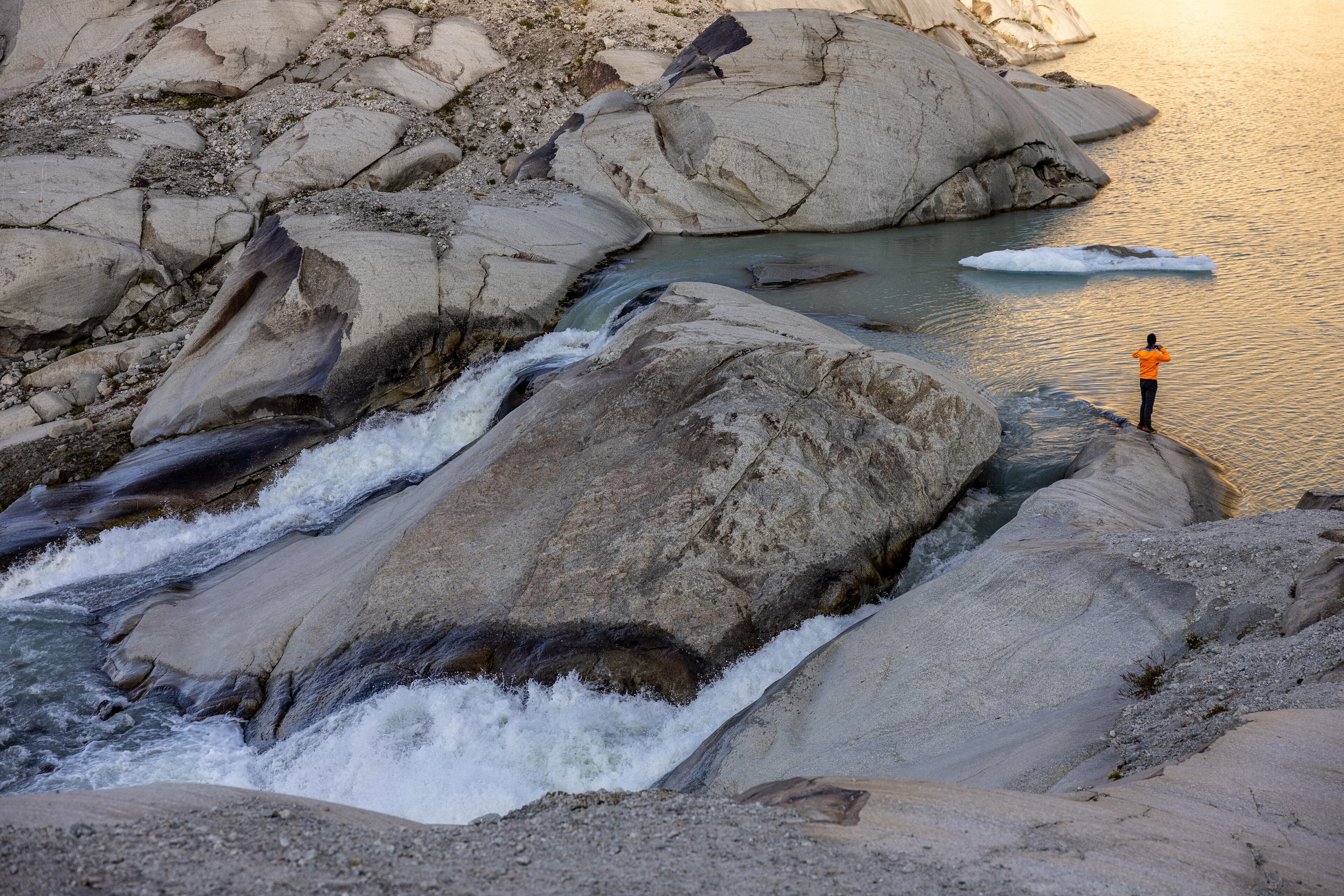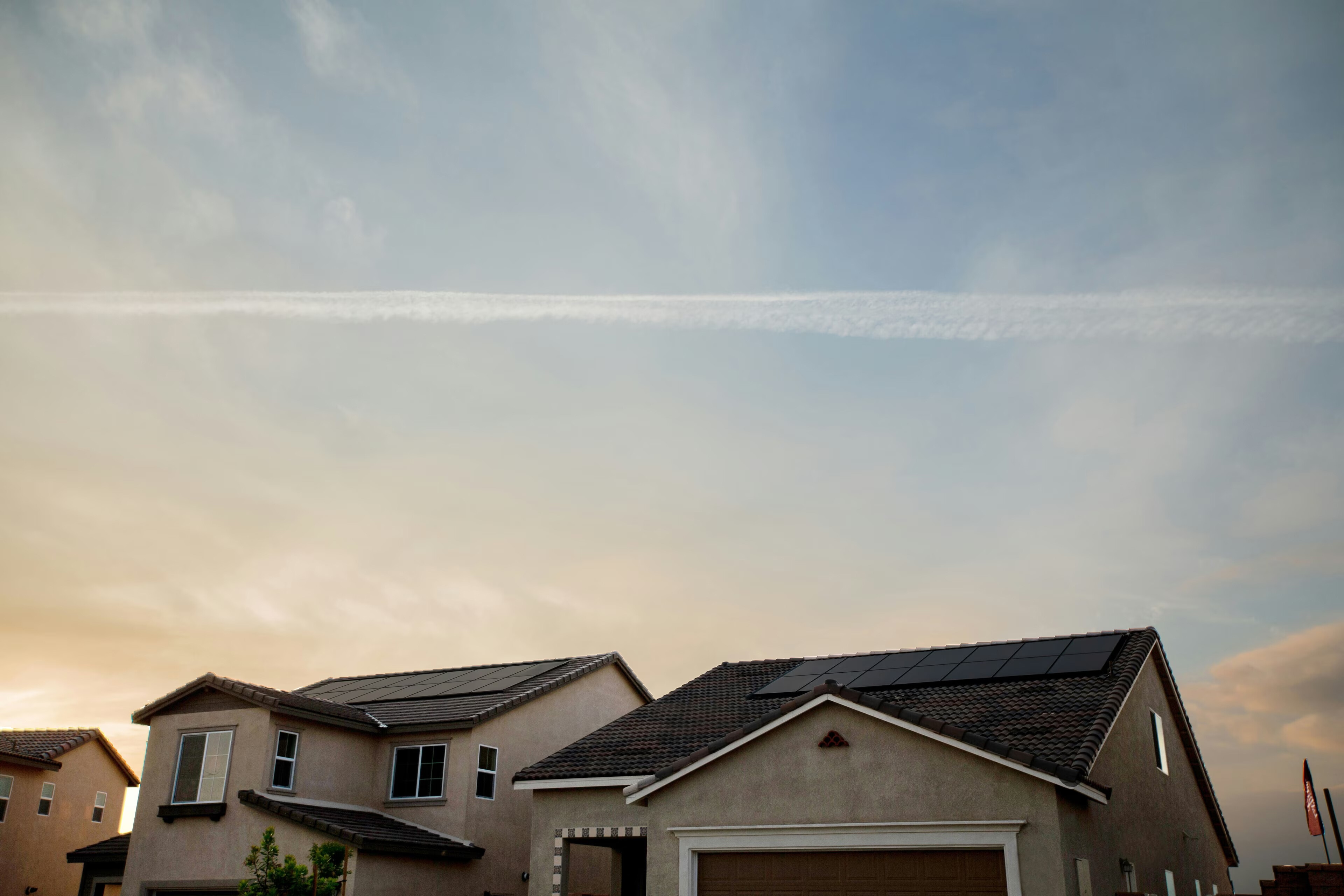A big day for big oil
On May 26, 2021, there were three events that surprised the oil and gas industry:
A Dutch court ordered Royal Dutch Shell to cut its own CO2 emissions and those of its suppliers and customers by 45% by the end of 2030 from 2019 levels.
Shareholders in Chevron surprised its board by voting for a resolution that the company should cut its emissions.
And, at Exxon-Mobil, a small shareholder group convinced a majority of investors to put at least two of its nominees onto the board - with a view to being more pro-active on climate change strategy, something Forbes likened to a "new David" taking on "one of the biggest Goliaths ever"
To consider how significant these events will prove to be, Radio Davos spoke to James Bacchus, Adjunct scholar the the Cato Institute and Distinguished University Professor of Global Affairs and Director of the Center for Global Economic and Environmental Opportunity at the University of Central Florida.
As a former chief judge at the World Trade Organization WTO, he had plenty to say on the events of May 26, and on the likelihood of messy litigation at the WTO as countries consider policies to ensure the price of carbon emissions is embedded into traded goods.
"The Hague court has ruled for the first time that a company has a corporate duty of care to prevent and mitigate the risks of the harms it causes from greenhouse gas emissions," Bacchus said. "This is a striking decision that will probably lead to a flood of new cases, in Europe especially, but also worldwide."
On the likely clashes at the WTO, he said: "We are going to see confusion and litigation in the WTO as not only the EU but other WTO Members begin to impose carbon border adjustment measures."
Blogs by James Bacchus:
When two global agendas collide: How the EU's climate change mechanism could fall afoul of international trade rules on the European Union's plans for a ‘carbon border adjustment mechanism’ (CBAM).
Mentioned in this podcast:
Study on climate litigation in Nature Climate Change.
"Urgenda" case, in which the Dutch High Court in 2019 ordered the government to step up its fight against climate change, as it said a lack of action was putting Dutch citizens in danger.
Find all our podcasts here.
Subscribe: Radio Davos; Meet the Leader
Join the World Economic Forum Podcast Club on Facebook.










